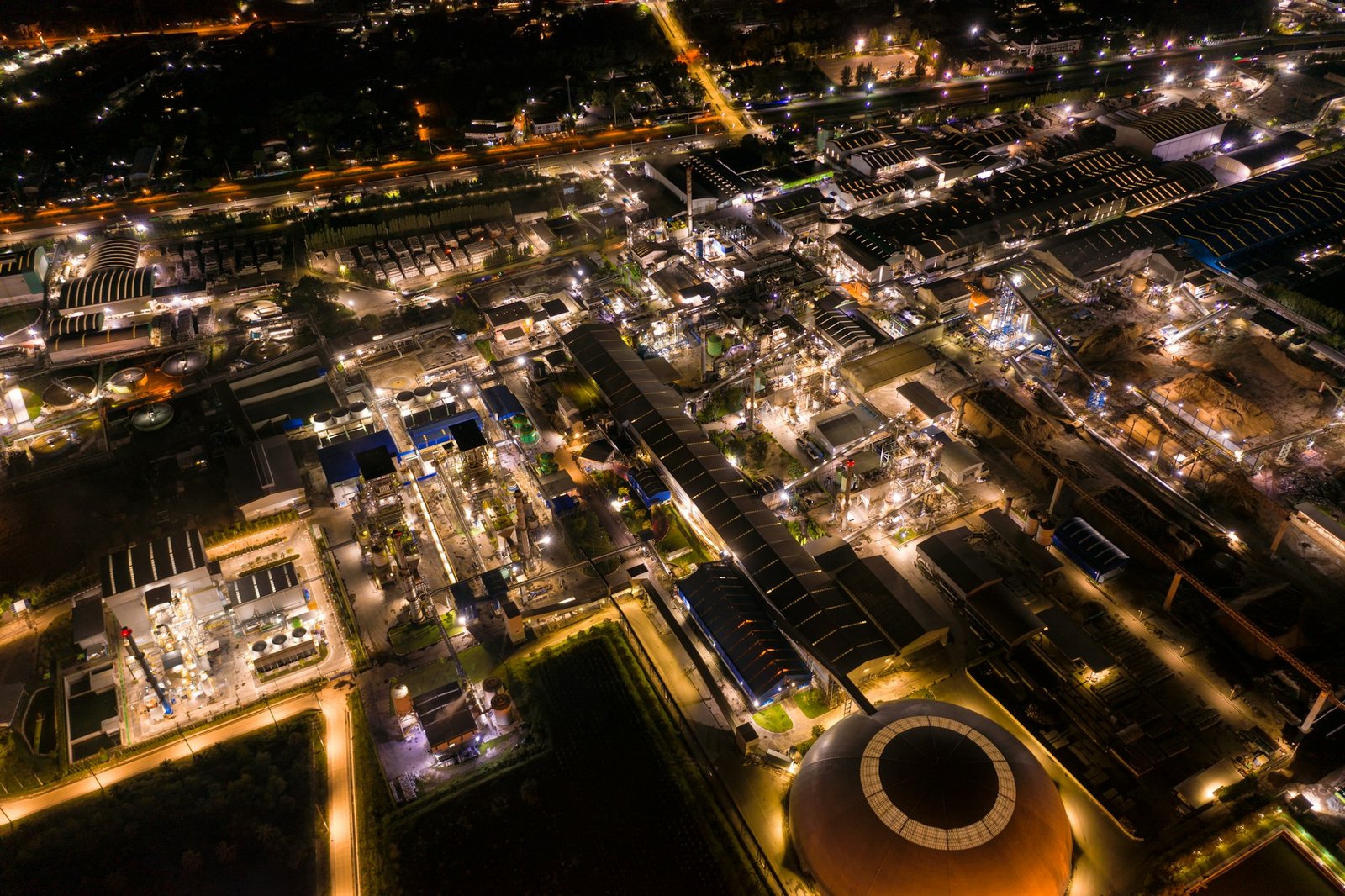Unveiling the Future: Next-Gen Chemistry
In the dynamic landscape of science and technology, chemistry stands at the forefront of innovation. With each passing day, researchers delve deeper into the realms of next-generation chemistry, uncovering novel compounds, revolutionizing synthesis techniques, and paving the way for transformative applications. Let’s embark on a journey through the frontiers of innovation in chemistry and explore the fascinating developments reshaping our world.
Understanding Next-Gen Chemistry
Next-gen chemistry encompasses a spectrum of cutting-edge concepts and methodologies aimed at redefining traditional chemical practices. From green chemistry principles to advanced computational techniques, this field fosters sustainable, efficient, and precise approaches to chemical discovery and application.
Green Chemistry: A Sustainable Paradigm Shift
Green chemistry, often hailed as the cornerstone of next-gen chemistry, prioritizes environmental sustainability and safety throughout the chemical lifecycle. By minimizing waste, reducing hazardous substances, and optimizing energy efficiency, green chemistry offers a pathway to eco-friendly synthesis and manufacturing processes.
In recent years, the adoption of green chemistry principles has surged across industries, driving innovation in areas such as pharmaceuticals, materials science, and renewable energy. For instance, researchers have developed catalytic processes that enable the synthesis of complex molecules with minimal environmental impact, thus revolutionizing drug discovery and manufacturing.
Computational Chemistry: Powering Predictive Insights
Advancements in computational chemistry have propelled the field towards unparalleled levels of precision and efficiency. By leveraging powerful algorithms and high-performance computing resources, researchers can simulate molecular interactions, predict chemical properties, and accelerate the discovery of new compounds.
Computational chemistry plays a pivotal role in drug design, materials engineering, and molecular modeling, offering valuable insights into the behavior of complex systems at the atomic level. Through virtual screening techniques, scientists can expedite the identification of promising drug candidates, thereby streamlining the drug development process and reducing costs.
Innovations Shaping the Future
The landscape of next-gen chemistry is characterized by a myriad of groundbreaking innovations poised to redefine conventional paradigms. From the emergence of novel materials to the advent of advanced synthesis methodologies, these innovations hold the potential to address pressing global challenges and catalyze scientific progress.
Advanced Materials: Unlocking New Possibilities
The development of advanced materials lies at the heart of next-gen chemistry, unlocking a myriad of possibilities across diverse applications. Graphene, a two-dimensional carbon allotrope, exemplifies the transformative potential of advanced materials, offering exceptional mechanical, electrical, and thermal properties.
Beyond graphene, researchers are exploring a plethora of innovative materials, including metal-organic frameworks (MOFs), quantum dots, and biomimetic polymers. These materials find applications in areas such as catalysis, sensing, energy storage, and biomedical engineering, paving the way for groundbreaking technological advancements.
Precision Synthesis: Redefining Chemical Manufacturing
Precision synthesis techniques are revolutionizing chemical manufacturing by enabling the efficient production of complex molecules with unprecedented control and selectivity. From flow chemistry to automated synthesis platforms, these methodologies offer scalability, reproducibility, and cost-effectiveness, thereby driving innovation across industries.
In the pharmaceutical sector, precision synthesis facilitates the rapid synthesis of drug candidates and their analogs, accelerating the drug discovery process and expanding therapeutic options. Moreover, these techniques hold promise for the development of personalized medicine, wherein treatments are tailored to individual patients based on their genetic makeup and physiological characteristics.
FAQs: Exploring Common Queries
1. What are the key principles of green chemistry?
- Green chemistry principles emphasize the design of chemical products and processes that minimize environmental impact, conserve resources, and prioritize safety and sustainability.
2. How does computational chemistry contribute to drug discovery?
- Computational chemistry enables the prediction of molecular interactions, bioactivity, and pharmacokinetic properties, thereby facilitating the rational design of novel drug candidates and the optimization of existing therapies.
3. What are some examples of advanced materials?
- Advanced materials include graphene, carbon nanotubes, metal-organic frameworks (MOFs), quantum dots, and bio-inspired polymers, each exhibiting unique properties and applications across diverse fields.
4. How does precision synthesis differ from traditional synthesis methods?
- Precision synthesis techniques offer unparalleled control over reaction conditions, reagent stoichiometry, and product selectivity, leading to higher yields, purities, and reproducibility compared to traditional synthesis methods.
5. What are the potential applications of next-gen chemistry in the future?
- Next-gen chemistry holds promise for a wide range of applications, including sustainable manufacturing, renewable energy production, advanced materials development, personalized medicine, and environmental remediation.





